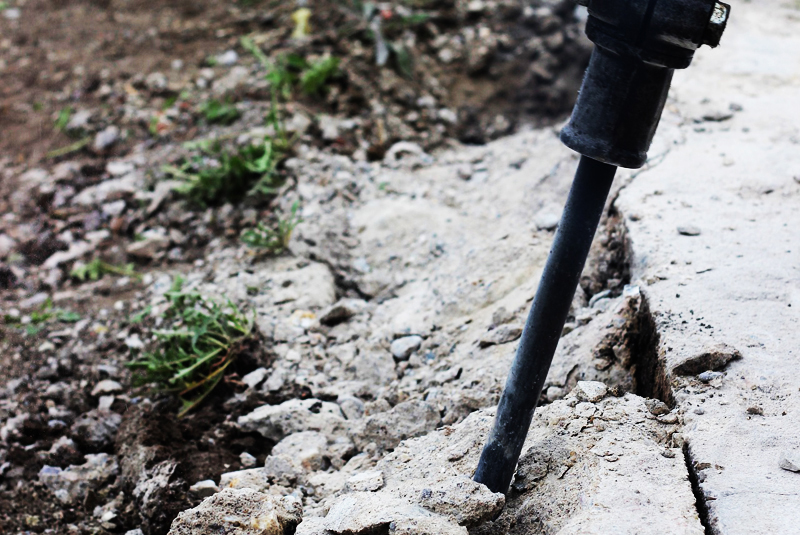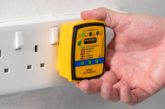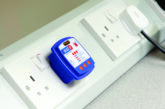
Public bathroom hand driers “are as loud as pneumatic drills”, says spokesperson for Audiologist.co.uk.
High-powered electric hand driers in public toilets are as loud as pneumatic drills and could cause lasting damage to vulnerable people’s hearing. The warning comes from a national hearing aid company which says that newer, more powerful driers are exceptionally loud, especially in the enclosed space of a public convenience.
In fact, Audiologist.co.uk says that if you’re worried about your hearing in any way, you should consider drying your hands with a towel.
“Let’s not beat about the bush here,” says Audiologist.co.uk spokesperson Jonathan Ratcliffe, “You’re standing for up to a minute in front of a machine that is making as much noise as a construction worker drilling a hole in the road. The only difference between him and you is that he’s been issued with ear defenders.”
While periodic exposure to loud hand driers may have little effect on healthy people, those with compromised hearing, the very young and the elderly could be at risk.
The figures need some explaining, but are relatively easy to understand:
- The generally accepted maximum safe sound level is 85dB.
- Pneumatic drills come in at 90dB and more, as do some models of electric hand drier in public conveniences
- Normal conversation is 60dB
- The decibel scale is logarithmic not linear, which means every 10dB increase doubles the sound level, meaning a hand drier is 8 times louder (and not 1.5 times louder) than normal conversation.
The risk from noisy hand driers is increased by their unique positioning, Ratcliffe points out. “Most toilets are small enclosed spaces which are all tiles, stainless steel and mirrors,” he explains. “That means any sound is likely to be amplified, and the pressure on the ear drums increased. One would say it would almost be reckless to position loud machinery in an enclosed space.”
It’s even worse for children, with a typical machine being at the same height as their head. “They literally are getting it full blast,” Ratcliffe says.
In a busy toilet area, such as a railway station or motorway service area, multiple blowers could be running continuously, increasing hearing risks further. This also means employers should factor in the hearing risk to attendants and cleaners as much as they would for other health factors.
“The cumulative effect of working in an enclosed space with noisy machinery is well documented,” says Ratcliffe, “and it applies as much to toilet attendants as it does factory workers.
There’s a fortune to be made by the inventor of the quiet high-powered bathroom blower, Audiologist.co.uk predicts.













